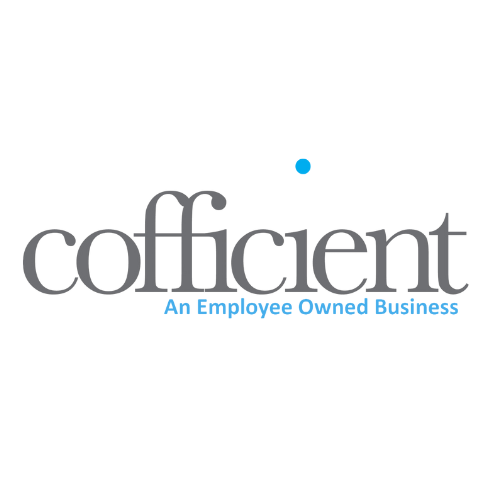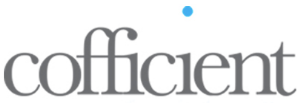
Why UK Businesses Are Ditching Xero for More Comprehensive Solutions
Small to medium-sized enterprises (SMEs) in the UK are continually evaluating the tools and systems that underpin their operations. Xero, with its user-friendly interface and robust accounting features, has been a popular choice for these businesses, helping them manage their finances effectively. However, as these enterprises grow and their needs become more complex, many are finding that Xero, while excellent for basic accounting, falls short in supporting their evolving requirements. T his shift has prompted a significant number of UK businesses to ditch Xero and explore more comprehensive solutions.
The Drive for Scalability and Integration
One of the primary reasons UK businesses are moving away from Xero is the need for scalability. As businesses expand, they often outgrow the functionalities offered by Xero, especially when it comes to managing larger volumes of transactions, more complex financial structures, and multi-entity operations. Businesses are seeking solutions that not only grow with them but also offer a wider range of integrated functionalities such as advanced inventory management, customer relationship management (CRM), and enterprise resource planning (ERP) capabilities, all within a single platform.
The Quest for Real-time Data and Analytics
In today’s fast-paced market, real-time data and analytics have become crucial for making informed decisions. Xero provides basic reporting and insights, but companies looking for deeper analytics, forecasting, and customisable dashboards are finding limitations in what Xero can offer. The need for a more powerful tool that provides comprehensive insights into various aspects of their business — from financial performance to sales trends and inventory levels — is leading businesses to seek out alternatives that can offer these advanced analytical capabilities.
The Need for a Unified System
Another significant factor driving the switch is the desire for a unified system that can handle multiple facets of the business beyond just accounting. Xero works well when integrated with other software for CRM, eCommerce, or supply chain management, but managing several different systems can become cumbersome and inefficient. Businesses are looking for a holistic solution that can centralise their operations, reduce the need for multiple software integrations, and streamline their processes, thereby enhancing efficiency and reducing the chance of error.
The Impact of Global Expansion
For businesses looking to operate globally, Xero’s capabilities in handling multi-currency transactions, tax compliance across different jurisdictions, and international financial reporting standards may be insufficient. This has prompted UK businesses with an eye on international markets to opt for systems that are built to handle global commerce complexities, offering more robust support for international growth.
While Xero remains a strong contender for small businesses and startups, its limitations become apparent as businesses scale and seek more integrated, comprehensive solutions to manage their operations. The shift among UK businesses towards more robust platforms is a reflection of their growing needs for scalability, advanced analytics, unified systems, and global operational capabilities. As these businesses evolve, the demand for solutions that can support their growth at every stage becomes paramount, making the transition away from Xero an inevitable step for many on their path to success.
If you’re ready to ditch Xero and are looking for a more comprehensive solution, get in touch with our team of experts.



